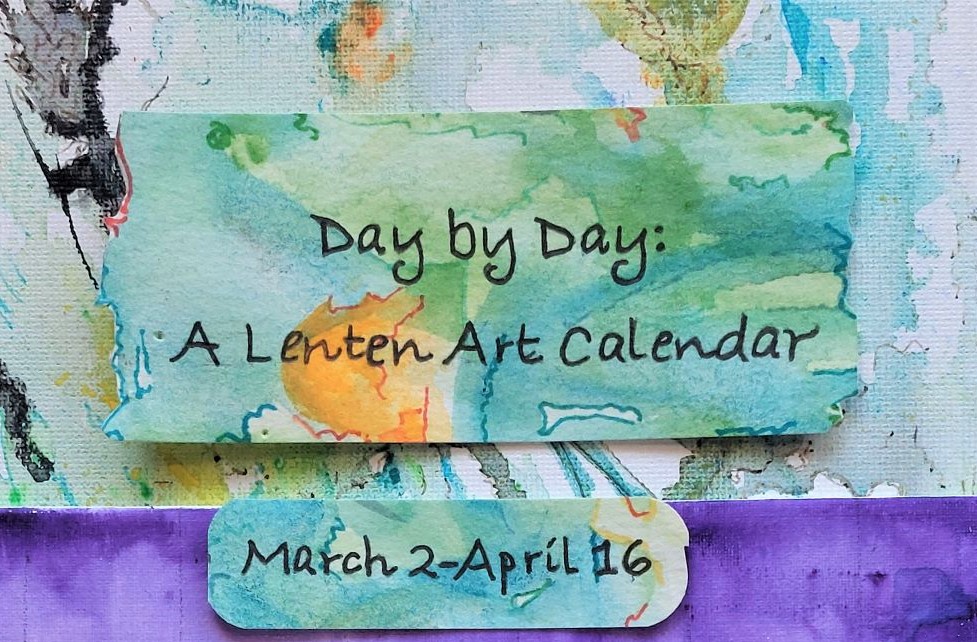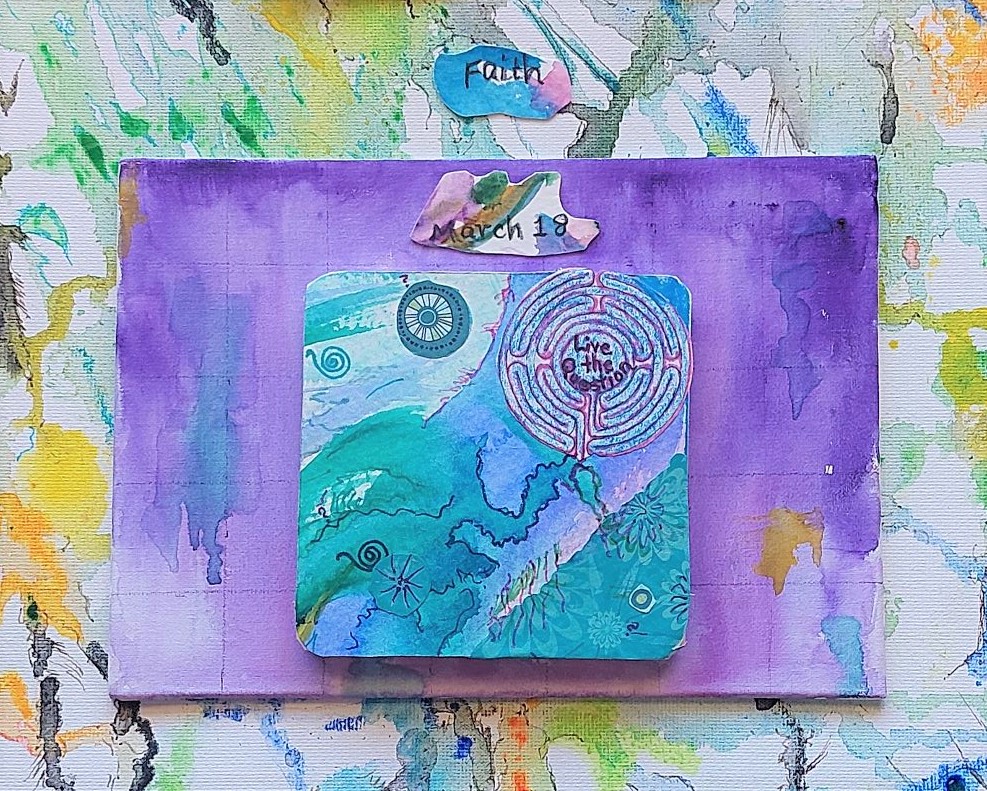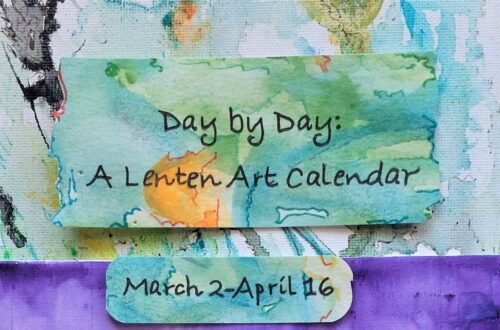
And the Question Is…
It would be hard to find an American who is not familiar with the game show, Jeopardy, which has been on TV in some form since 1964. It started with a unique format that has continued to this day. The answers are openly revealed to all. It is the questions that have to be discovered. Contestants buzz in and give the “answer”, which is really the question. In fact, contestants are wrong if they don’t give the “answer” in the form of a question… Explaining it sounds like trying to answer a riddle from the ancient Sphinx. It’s just one of those things you have to experience to understand. The more you try to explain it, the odder it sounds. Yet Jeopardy is oddly comforting as well: There is always a right question to match an answer. Find the question, and you win.
Beyond the Jeopardy stage, discovering questions rather than focusing on answers can be a way of enriching our faith. The phrase Live the Question, which is a popular idea in philosophy and religion, suggests that sometimes it is necessary to linger for a while in uncertainty when faced with a big question, rather than leap to an answer. This idea was aptly expressed by the Austrian poet Ranier Maria Rilke:
Be patient toward all that is unsolved in your heart and try to love the questions themselves, like locked rooms and like books that are now written in a very foreign tongue. Do not now seek the answers, which cannot be given you because you would not be able to live them. And the point is, to live everything. Live the questions now. Perhaps you will then gradually, without noticing it, live along some distant day into the answer.
Unlike Jeopardy contestants, most of us don’t typically love questions. Rilke knew that. For some questions, he suggested, it is better not to force a final answer but to live with them awhile. In a faith-based perspective, it is questions that trouble us and challenge us. We may need to sit a while in uncertainty. By refraining from leaping to answers, we welcome the possibility of learning. Jesus himself often used questions to help his followers develop understandings and widen their perspectives. He asked hard questions, and he did not always supply answers. He was not afraid, in other words, to Live the Questions of Faith and to ask others to do so.
Here are only a few of the many questions Jesus posed during his earthly ministry. They still call us today to Live the Question. In the living, we will find the answers we seek.
To someone in a crowd of family and onlookers:
Who is my mother and who are my brothers? Matthew 12:48
To Peter:
But what about you? Who do you say that I am? Matthew 16:15
To the Disciples, sleeping in the Garden of Gethsemane:
Could you not watch with me one hour? Matthew 26:40
These were hard questions. They are still hard questions today. Matching the questions and answers of faith is not a game show gimmick, and I’m glad of that. I never have been very good at Jeopardy. It moves too fast. I think I’ll live with these questions awhile.

Spirals and labyrinths have historically been important symbols of faith for many people and they are especially meaningful for me personally. Along with several circular and spiral shapes, this tile has a tiny replica of one of the world’s most famous labyrinths from the Cathedral at Chartres, France. It has been a contemplative tool since the 13th century and is the model for hundreds of labyrinths around the world. I have replaced the center rosette of the Chartres labyrinth with the words Live the Question as a way to call attention to the central role that questions and answers play in our faith journeys.
O God, Thank you for asking hard questions. Thank you for walking beside us while we patiently seek the answers that will expand our faith. Amen.


